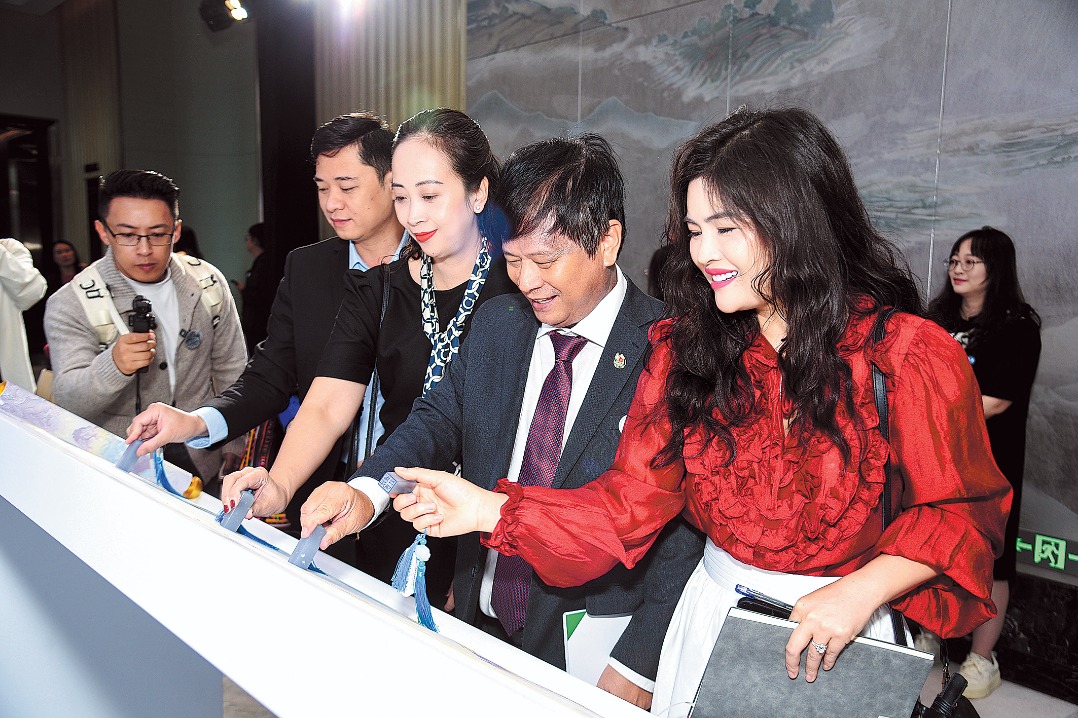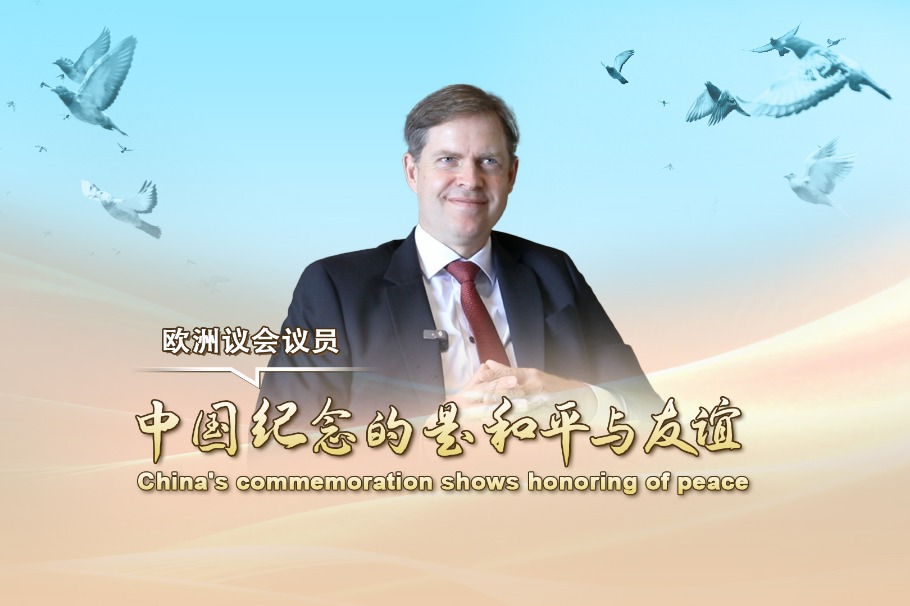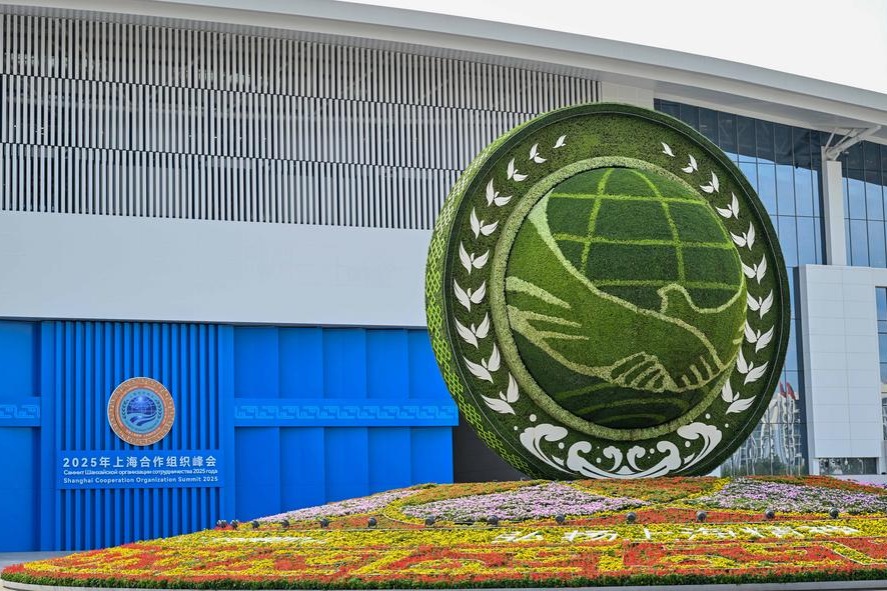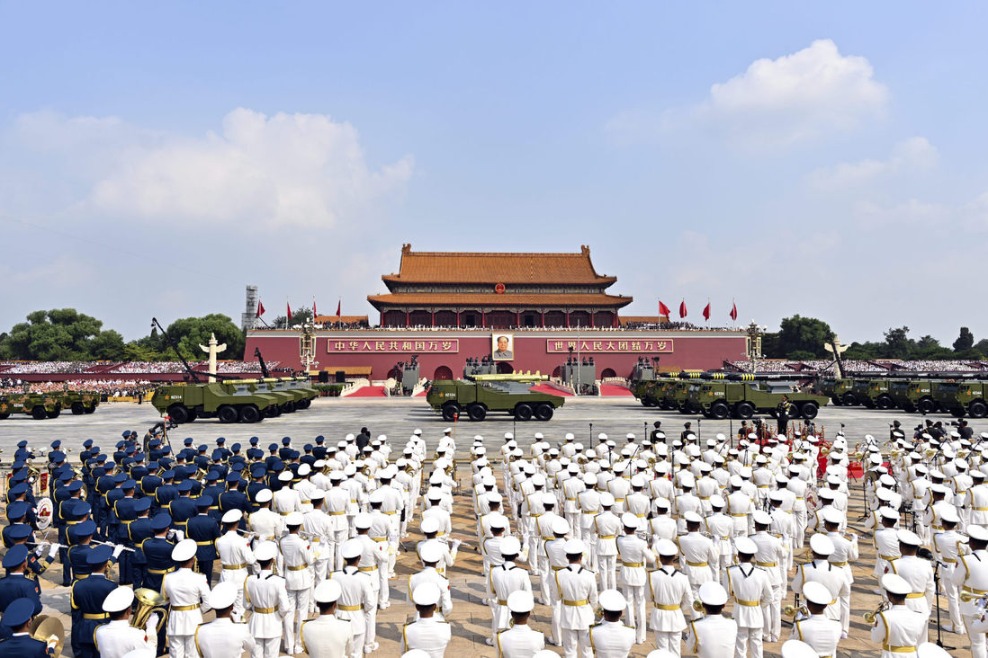Japan-Australia security partnership not as well-intentioned as claimed: China Daily editorial

Japan and Australia have tried to depict their strengthened security cooperation as a meaningful move to maintain peace and stability in the Asia-Pacific. Yet what they have done by elevating their so-called special strategic partnership is actually stirring up tensions, making the region more insecure and unstable.
In the 12th 2-plus-2 talks between their foreign and defense ministers that concluded on Friday, the two sides agreed to reinforce their command coordination while cooperating more closely in military exercises and in respect of logistics so as to "play a leading role in realizing a free and open 'Indo-Pacific'".
Yet officials at the meeting — Japanese Foreign Minister Takeshi Iwaya and Defense Minister Gen Nakatani, as well as their respective Australian counterparts, Penny Wong and Richard Marles — did not stop at just parroting the hackneyed China-targeted phrases from the playbook of the United States' strategy in the region. They went further by seeking to provoke China on issues that concern its core interests.
In a joint statement issued after their talks, the ministers underscored "the importance of peace and stability across the Taiwan Strait" and expressed "serious concern at the increase in scale and frequency of provocative activities by China in Japan's maritime and air domain". They tried to justify the enhanced building of their collective deterrence with unfounded concern over what they claimed is China's "military assertiveness" in the region.
Such remarks confuse right and wrong, as they wrongly ascribe to China's routine patrolling of the territorial waters of its Diaoyu Islands in accordance with the law the intent of pursuing "military dominance" in the region. They also turn a blind eye to Japan's extensive military buildup that belies Japan's pacifist Constitution and poses a large threat to regional peace and stability. It should not be forgotten that, in July last year, a Japanese Maritime Self-Defense Force destroyer ventured into Chinese territorial waters off the eastern province of Zhejiang, purportedly "unknowingly".
Moreover, the mentioning of Taiwan in the statement also disregards China's sovereignty and territorial integrity. This risks undermining relations between China and the two countries, as the one-China principle is the foundation for relations between China and other countries.
As established in international law, the Taiwan question is an internal affair of China that brooks no external interference. By threatening to intervene in the Taiwan question in the name of "maintaining peace and stability", Japan and Australia are reneging on their formal recognition of Taiwan as part of China and degenerating into puppets on the geopolitical chessboard of the US that seems bent on playing the "Taiwan card" to contain China.
Yet, as if Australia thinks what it has done is not damaging enough to bilateral ties, it sent a guided-missile destroyer to sail through the Taiwan Strait together with a Canadian warship on Saturday, in a move that was strongly criticized by the People's Liberation Army's Eastern Theater Command for being "troublemaking and provocative". The joint transit only served to increase security risks across the Strait and sent the wrong signal to separatists on the island.
There is no fundamental conflict of interests between China and Australia, and the two countries have every reason to build on their vast common interests and expand their mutually beneficial pragmatic cooperation. It is thus incomprehensible that Canberra should implement a foreign policy that only serves the US' geopolitical interests while ignoring all the negative consequences.
Former Labor prime minister of Australia Paul Keating has justifiably criticized some politicians in Canberra for having "no pride" and a "miserable view of themselves". Pointing to Australia's lack of strategic autonomy, he said it was not intelligent for the country to be "owned" by the US, and warned that Australia should not get involved if tensions over Taiwan boiled over into conflict. "Taiwan is not a vital Australian interest," Keating rightly said. Hopefully his words will knock some sense into the heads of some in Canberra.


































